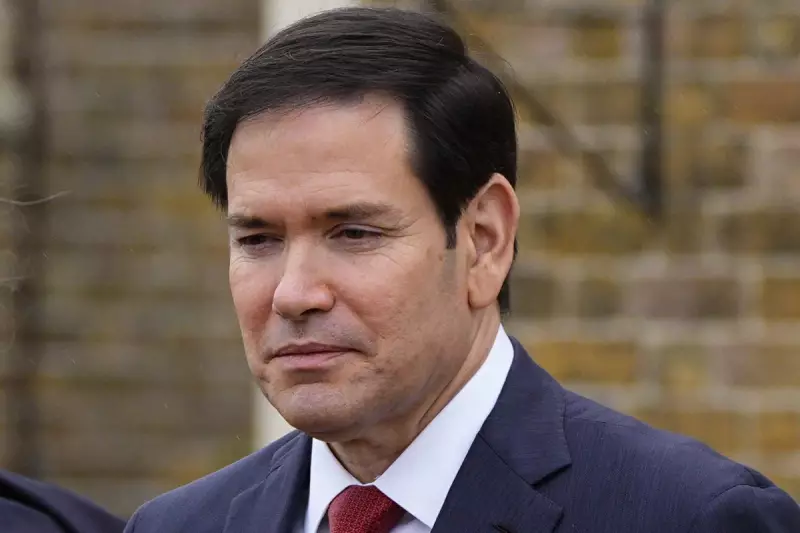
Significant progress has been made in talks regarding the US-drafted peace plan for Ukraine, according to US Secretary of State Marco Rubio, though British Prime Minister Sir Keir Starmer and other European leaders have expressed reservations about key aspects of the proposal.
Breakthrough in Geneva Talks
Following discussions in Geneva that concluded on Sunday, 23rd November 2025, Secretary Rubio described the advancement as "tremendous" and expressed optimism about reaching a resolution to end the conflict. However, he indicated that Washington had adopted a more flexible approach to the timeline, moving away from President Donald Trump's previously mentioned Thursday deadline.
The US diplomatic chief revealed that while the American government wants to conclude the war "soon," they recognise the complexity of the negotiations and are prepared to allow more time for discussions to continue into Monday.
European Leaders Voice Concerns
Sir Keir Starmer joined other European leaders in pushing back against several elements of the American proposal. The primary concerns centre around provisions that would require Kyiv to limit its armed forces, surrender territory, and abandon its path to NATO membership.
In a joint statement issued on Saturday after G20 talks in South Africa, the leaders described Washington's plan as "a basis" requiring further refinement. The statement came following discussions that included the UK's national security adviser Jonathan Powell alongside his German and French counterparts.
Sir Keir specifically emphasised the importance of Article Five security guarantees - NATO's mutual defence provision that considers an attack on one member as an attack on all alliance members.
Diplomatic Tensions and Optimism
While Secretary Rubio declined to specify which points remained under negotiation, he acknowledged that any "final end" to hostilities would need to ensure Ukraine felt "safe" from future Russian invasion. He confirmed that President Trump was "quite pleased" with the progress made, despite the US leader's earlier social media post complaining that Ukraine's leadership had shown "zero gratitude" for American efforts.
Ukrainian President Volodymyr Zelensky offered a more positive perspective, stating in a social media post that there were "signals that Trump's team is hearing us." He later expressed gratitude to world leaders supporting Ukraine's principled positions.
The diplomatic developments followed Sir Keir's second call with President Trump in two days, with Downing Street confirming both leaders agreed that "we all must work together at this critical moment to bring about a just and lasting peace."
The 28-point peace plan, reportedly negotiated by US special envoy Steve Witkoff and Kremlin representative Kirill Dmitriev, had drawn criticism for initially excluding Kyiv and European allies from the process. The US State Department has since dismissed claims that Secretary Rubio described the plan as a Russian "wish list" as "blatantly false."
As Transport Secretary Heidi Alexander noted, allies need to "find a way to secure that ceasefire and open up space for meaningful negotiations" - a sentiment reflecting the delicate balance Western leaders are attempting to strike between supporting Ukraine's sovereignty and pursuing diplomatic solutions.





